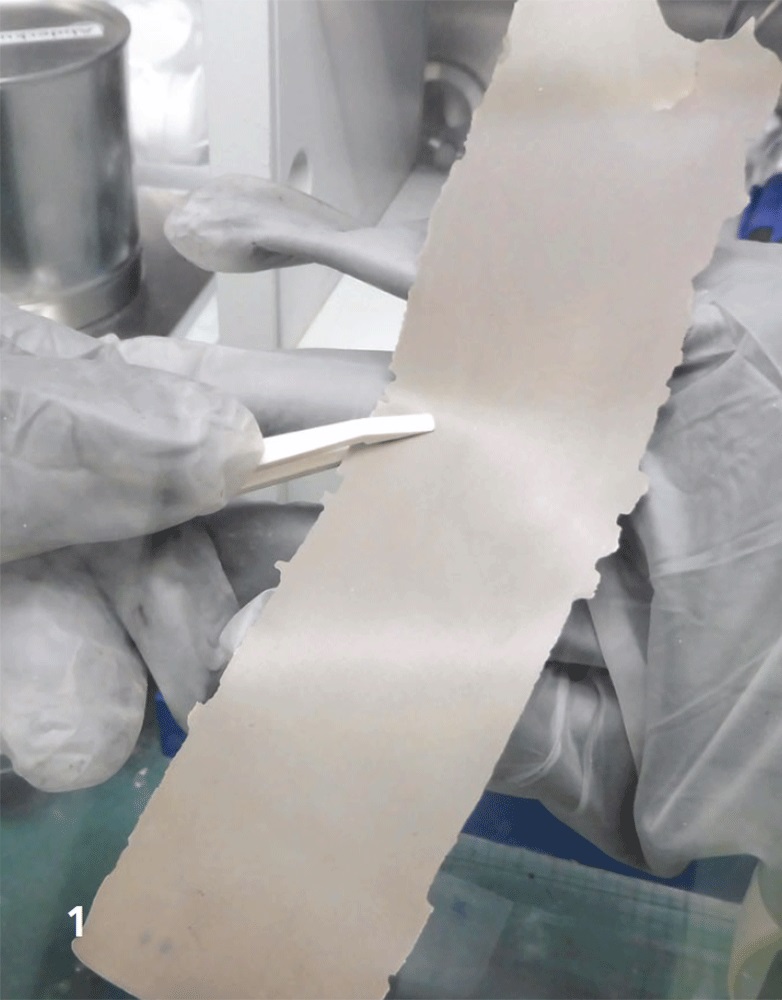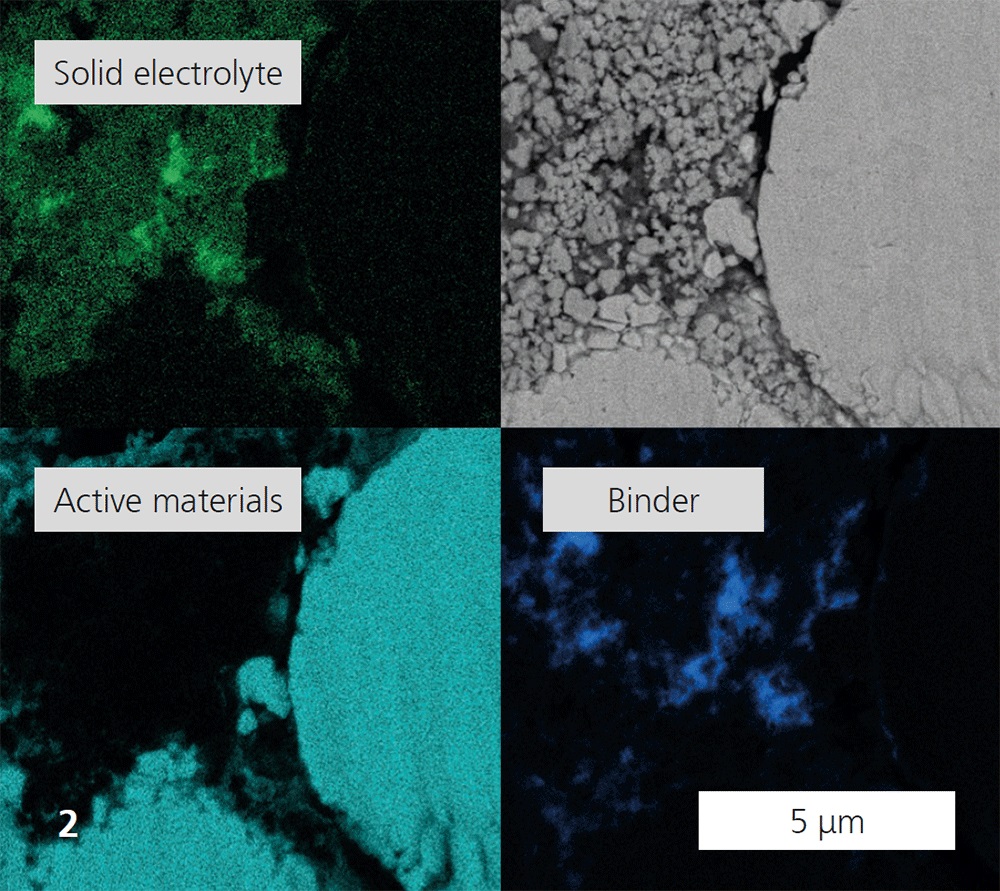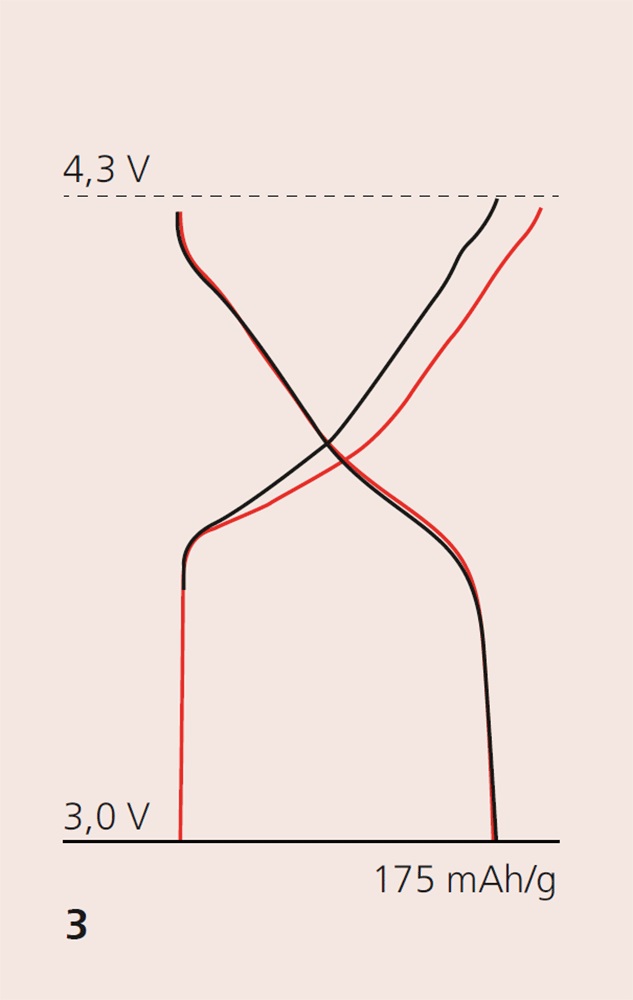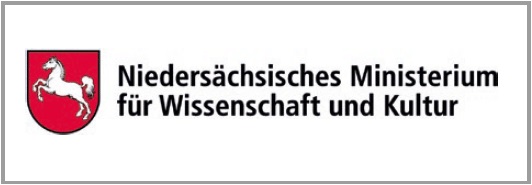


The development of advanced solid-state batteries and scalable manufacturing processes is essential for opening new fields of application, such as in electromobility. Inorganic systems, in which lithium-sulfur-phosphorus compounds are used as solid Li-ion conductors in the cathode and separator, are currently considered to be the most promising candidates. They combine favorable properties, such as a high ionic conductivity, good availability and processability. However, they still require some development work with regard to their sensitivity to air humidity, the scalability of manufacturing processes, as well as the electrochemical stability in interaction with high-energy cathode materials and Li-metal anodes.
Research and development concept
At Fraunhofer IKTS, solid-state batteries with sulfidic Li-ion conductors are being developed along the entire process chain, from material to battery system. First, active materials are electrochemically evaluated and optimized regarding their interaction with the solid electrolytes. To counteract the thermodynamic instability between active materials and the electrolyte, coating processes are being used to stabilize interfaces and improve the ion transport. A variety of technologies for component production are being examined based on the materials. The manufacturing of electrodes is carried out using various methods, such as doctor blades, slot-die coating, or extrusion. Finally, the components are assembled to produce solid-state batteries. The cell concepts implemented thus undergo constant further development. Various glove box systems are available at IKTS in Dresden for fully inert component and cell production. The development of components and cells is accompanied by extensive electrochemical and morphological investigations. More than 200 channels are available for battery cycling in temperature-controlled chambers, including some that offer impedance spectroscopy.
At Fraunhofer IKTS in Braunschweig, this work will be scaled to the pilot scale. Drying rooms with an adapted dew point or micro-environments will be available for this purpose.
Conclusion and vision
Fraunhofer IKTS can draw on many years of experience with ceramic technologies to establish scalable processes for sulfidic solid electrolytes. The field of competencies encompasses the development of materials and components, such as electrodes and separators, as well as ultimately the design, development and testing of solid-state cells.

